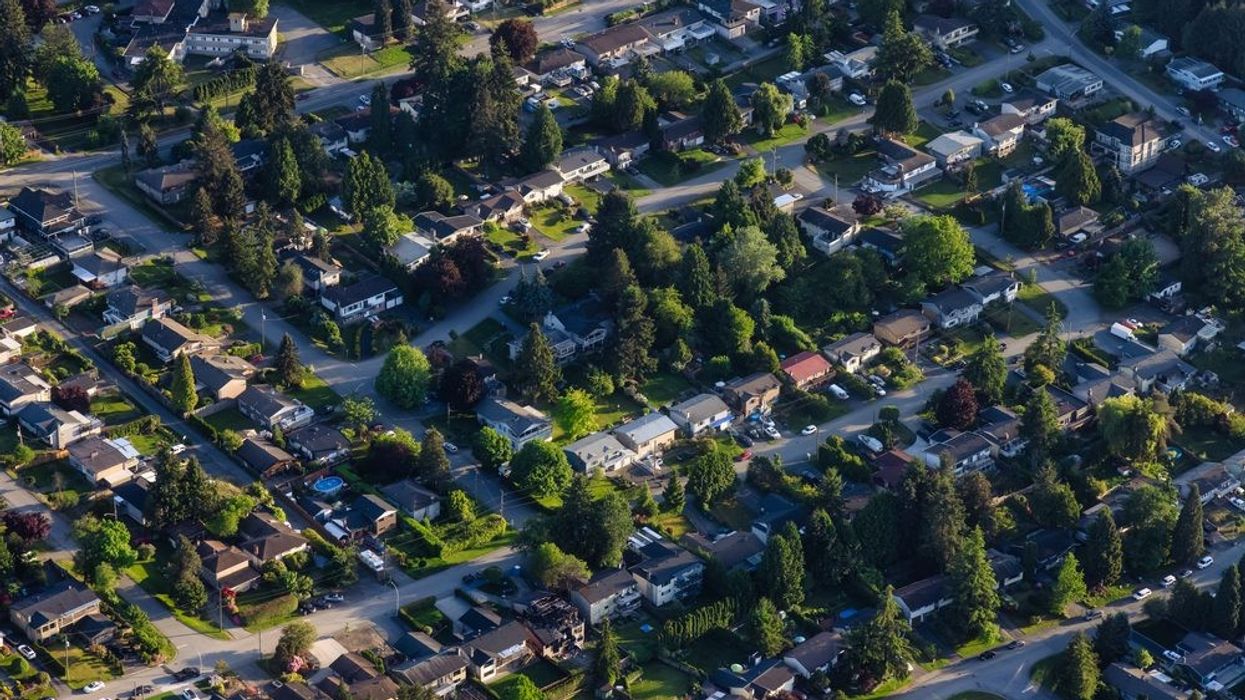As most people expected -- but probably hoped wouldn't happen -- the Bank of Canada raised their policy interest rate by 75 basis points today, increasing the Overnight Lending Rate to 3.25%.
The 0.75% increase was what many experts were predicting, but was still higher than the 0.50% increase many were crossing their fingers for, or at least would've made do with.
It's the fifth rate increase announced this year, with the Bank of Canada continuing to cite global inflation as a primary reason for the hikes.
"Quantitative tightening is complementing increases in the policy rate", the Bank of Canada said in the press release today. "As the effects of tighter monetary policy work through the economy, we will be assessing how much higher interest rates need to go to return inflation to target. The Governing Council remains resolute in its commitment to price stability and will continue to take action as required to achieve the 2% inflation target."
The Bank of Canada also said that given the outlook on inflation, the policy interest rate will likely need to be increased further. The next scheduled date for an overnight rate announcement is Wednesday, October 26, when the Bank is also expected to publish its outlook on inflation and the economy.
READ: Rising Interest Rates Will Continue to Push Buyers to Sidelines: RBC
How A 3.25% Policy Rate Lands In Vancouver
The Overnight Lending Rate set by the Bank of Canada indicates the interest rate individual consumer banks will set. When the overnight rate increases, banks need to cover this rate while maintaining a net profit, so in turn those costs get passed down to consumers through prime rates.
Today's 0.75% increase means prime rates for you will also be increasing by about that much -- give or take a bit depending on variable rate borrowing products and any discounts.
If you have a mortgage with a fixed rate, today's increase won't affect you. However, if you have a variable rate mortgage, today's increase means you'll be paying more on your mortgage each month, or seeing less of your payment going toward your principal debt. According to LowestRates.ca, with a variable rate at 4.45% -- the prime rate minus a discount -- you'll be paying $36 more every month for every $100,000 of mortgage loan.
According to a recent report published by the Real Estate Board of Greater Vancouver, the benchmark price for residential properties in Metro Vancouver in August was $1,180,500. Prior to today's increase, if your variable rate was at 3.7%, your monthly mortgage payment would have been at about $4,815. Following today's increase, with a variable rate at the aforementioned 4.45%, your monthly mortgage payment would become about $5,201, an increase of $386 a month.
READ: Homeownership Plays Big Role in How Canadians Perceive Wealth: Poll
The Vancouver Real Estate Market
For the market, today's policy rate increases are expected to make developers in Vancouver more hesitant. Because the increase was higher than the previously expected 0.50%, developers will have to re-assess their finances, CEO of Bakerwest Real Estate, Jacky Chan, told STOREYS.
A delay in bringing projects to market will result in decreased supply in Metro Vancouver, and with the demand still there, this will undoubtedly result in higher prices, Chan said. Not only that, it's "very plausible" we see an increase in the next 12 to 18 months, Chan says.
"Vancouver is very unique. It's one of the most active markets in the world, with the highest prices, and low loan-to-value [ratios]. There's lots of wealth in Vancouver, and we are seeing high-dollar transactions from experienced investors starting to move in to the market to buy premium [properties] which were not ideal six to nine months ago", Chan told STOREYS.
He recognizes that the housing market did in fact dip in July and August, but attributes that to the historic trend of transactions decreasing every summer -- with people traveling, even more so this year after a suppressed travel the last few years as a result of the pandemic -- and is expecting increased activity as we get towards October.
It seems elementary, Chan says, but it's really just supply and demand. Vancouver has a short supply of housing. British Columbia is also seeing increasingly more migration from other provinces, Chan points out, which means that the demand is likely not going to wane. When supply is lacking and demand is strong, we get high prices.
That's why Chan doesn't quite see how a recent TD Bank report forecasted that home prices would decrease by 20% of more, at least not in Vancouver. "I don't see how prices can come down", he said. "No chance. 0%."





















